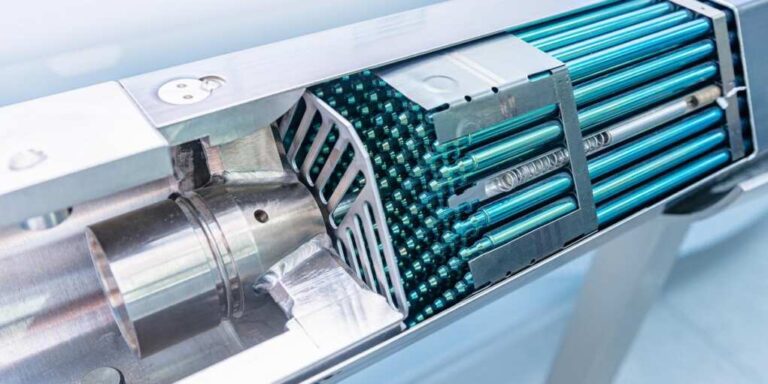
Iran’s foreign minister is digging in his heels, declaring Sunday that Tehran will continue enriching uranium “with or without a deal,” despite ongoing negotiations with the United States and mounting pressure from President Donald Trump’s administration.
Foreign Minister Seyed Abbas Araghchi made the statement in a defiant post on X, issuing a blunt warning that Iran’s nuclear ambitions are not up for debate. The comments came just days after Trump announced the U.S. had formally offered Iran a nuclear deal aimed at preventing the Islamic regime from developing nuclear weapons.
“Enrichment in Iran, however, will continue with or without a deal,” Araghchi said. He insisted Iran’s program is peaceful, but also emphasized the country’s “hard-earned and homegrown scientific achievement” in mastering uranium enrichment—a line many see as a veiled threat that Iran is already dangerously close to weapons-grade capability.
Araghchi took aim at what he called mixed signals from the U.S., claiming Iranian negotiators are staying quiet publicly while American officials say one thing privately and another thing to the press. “We are seeing dissonance between what our U.S. interlocutors say in public and in private, and from one week to the other,” he said.
Iran’s bold messaging comes amid heightened concern in Washington and renewed skepticism among lawmakers about whether a nuclear agreement is even possible—or worth pursuing. Republican Senator Marco Rubio warned last week that Iran is now a “threshold nuclear weapons state” and dangerously close to being able to weaponize uranium at 90% enrichment.
“Once you’re at 60, you’re 90% of the way there,” Rubio said during an appearance on “Hannity.” “They are at the threshold of a nuclear weapon. If they decided to do so, they could do so very quickly.”
Rubio’s warning echoed the International Atomic Energy Agency’s recent findings that Iran’s stockpile of 60% enriched uranium has ballooned from 401 pounds in March to more than 600 pounds today. That’s enough to quickly convert into weapons-grade material if Iran chooses to break out.
President Trump has made nuclear talks with Iran a top national security priority since taking office. Four rounds of negotiations have taken place behind closed doors in Oman, and Trump revealed last week from the UAE that “Iran has sort of agreed to the terms” of a deal. But Sunday’s message from Araghchi casts doubt on just how serious Iran is about reaching a final agreement.
“Iran has sort of agreed to the terms,” Trump told reporters. “They’re not going to make — I call it, in a friendly way — nuclear dust. We’re not going to be making any nuclear dust in Iran.”
Despite the rhetoric, Trump has made it clear he’s willing to walk away if Iran doesn’t cooperate. In Qatar last week, he warned that Iran needed to act fast or “something bad is going to happen.” It was a message clearly aimed at pushing the regime to accept terms that would limit enrichment and allow for international inspections—without giving Tehran an inch of strategic advantage.
Now, with Araghchi making clear that Iran has no intention of stopping enrichment and the IAEA confirming explosive growth in Iran’s stockpile, conservatives are urging Trump to hold firm.
Iran’s history of deception, hidden facilities, and nuclear brinkmanship continues to fuel bipartisan doubt in Washington about any deal’s viability. With talks teetering and Iran’s tone growing more aggressive, the pressure is on the administration to respond—either through diplomacy backed by strength or a more forceful alternative if diplomacy fails.
Trump’s team insists a deal is still possible, but the latest message from Tehran may prove to be a dealbreaker. What comes next could determine the balance of power in the Middle East for years to come.






